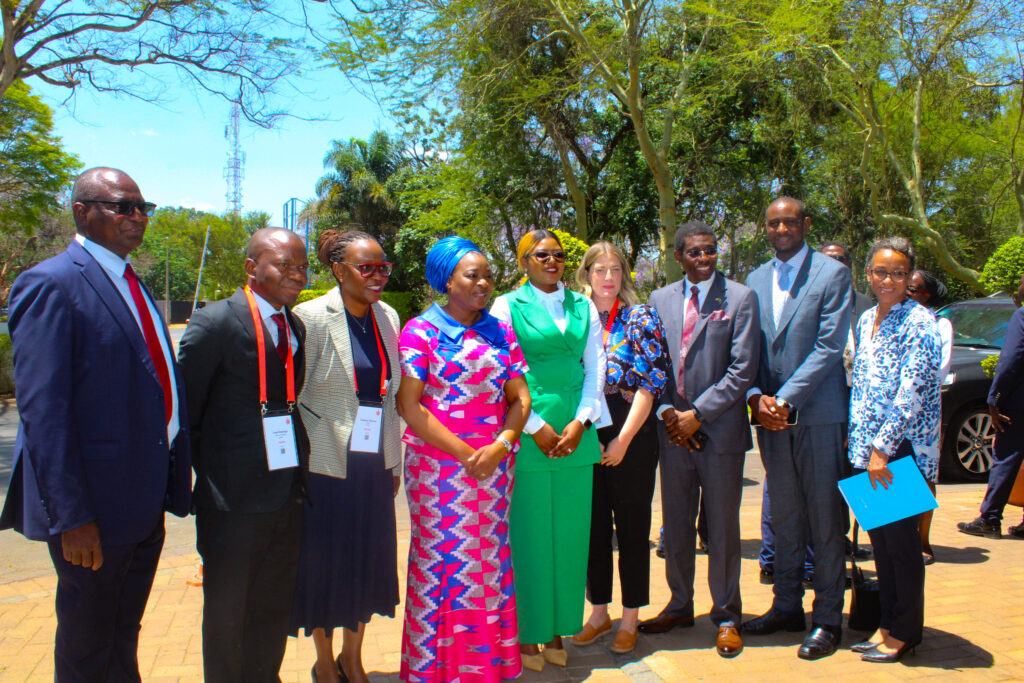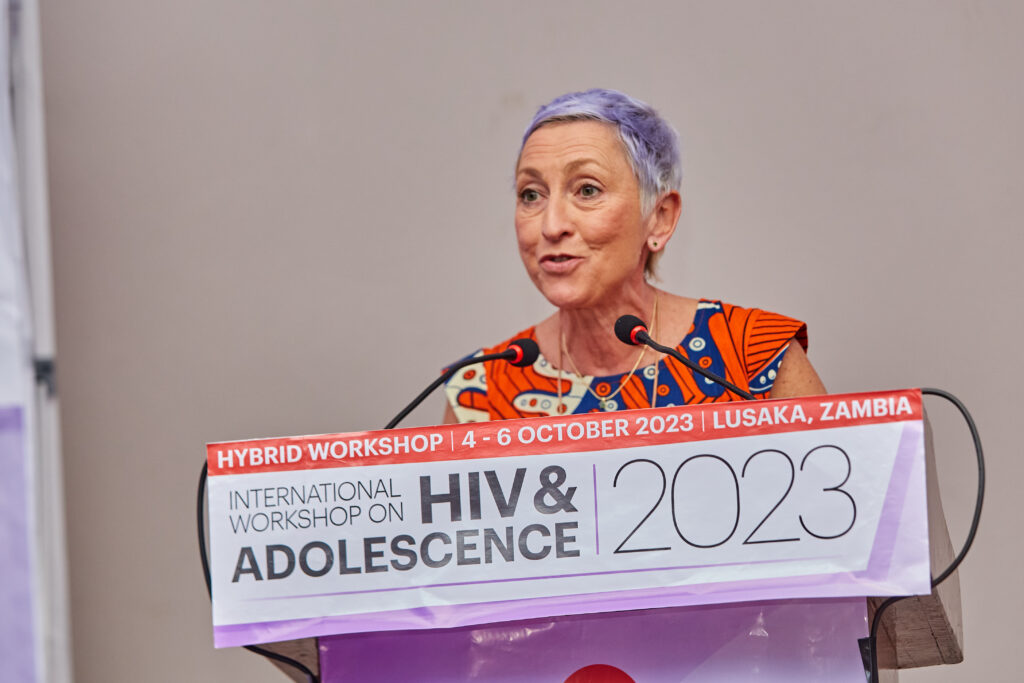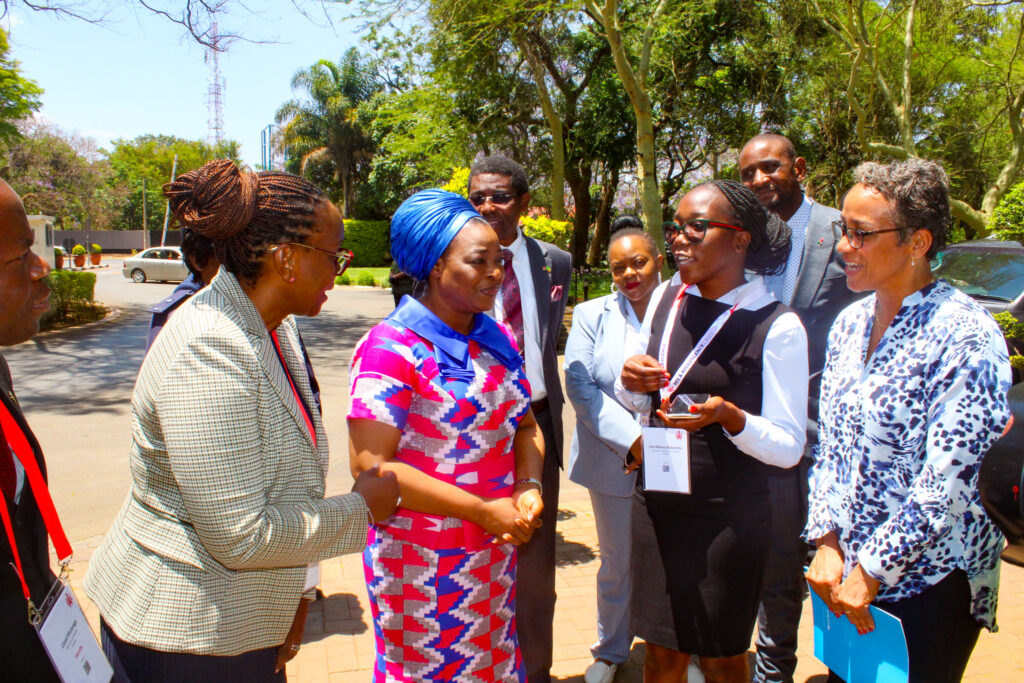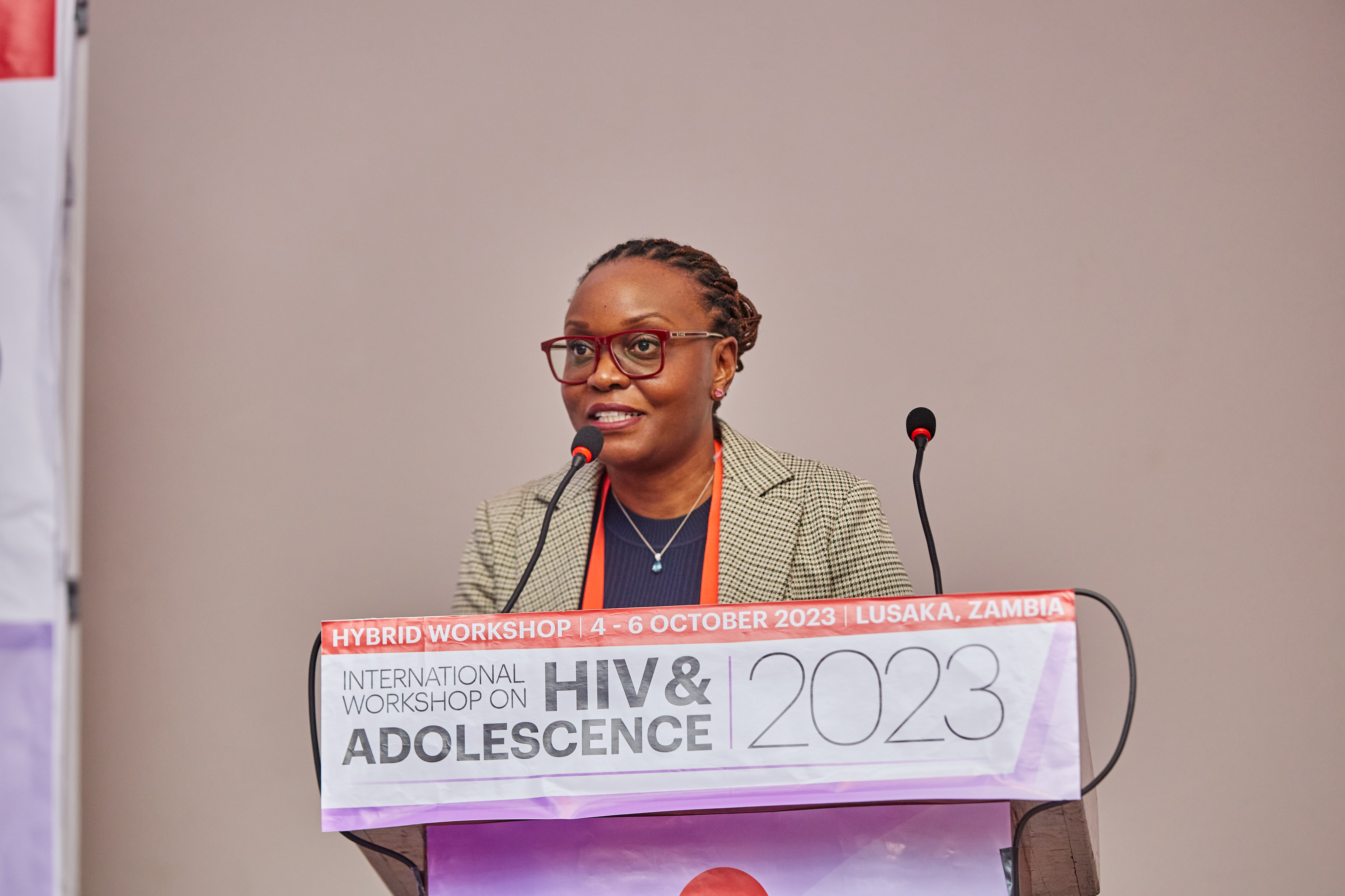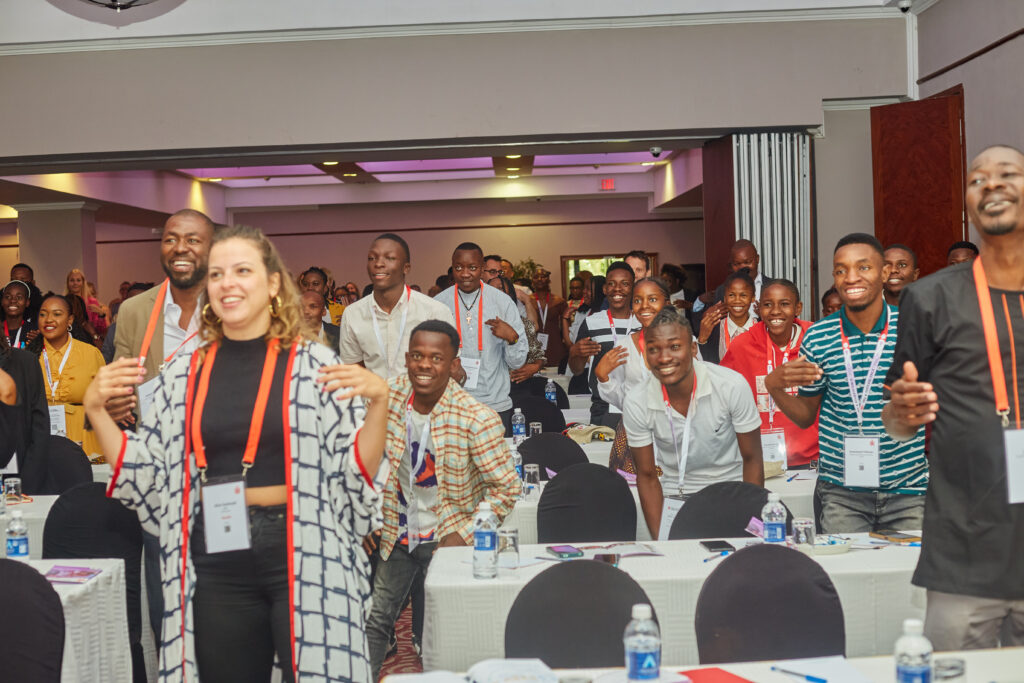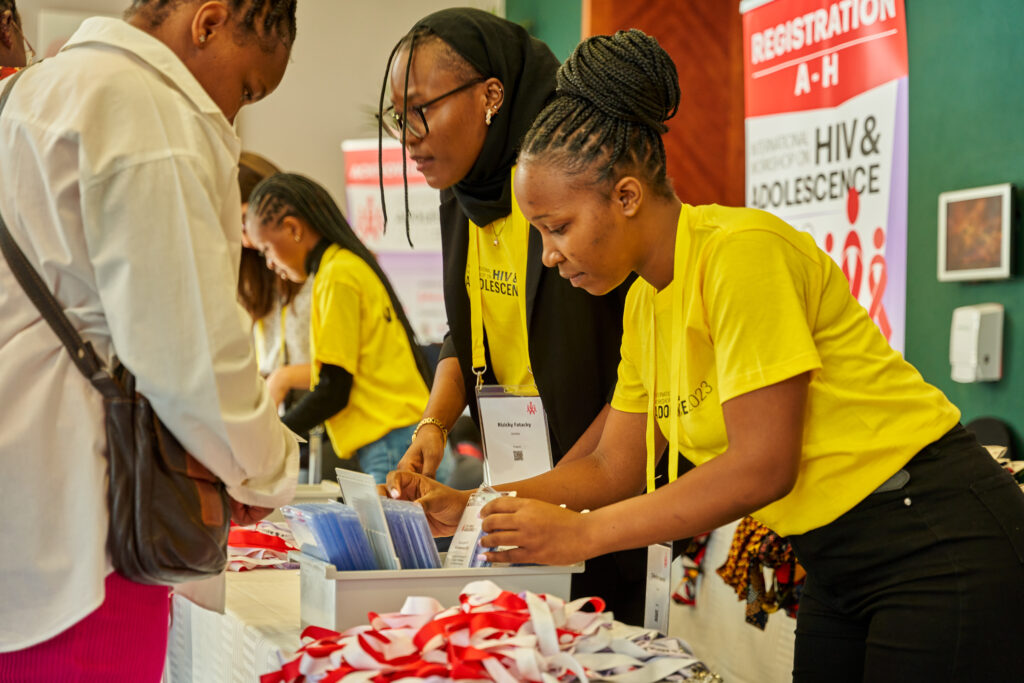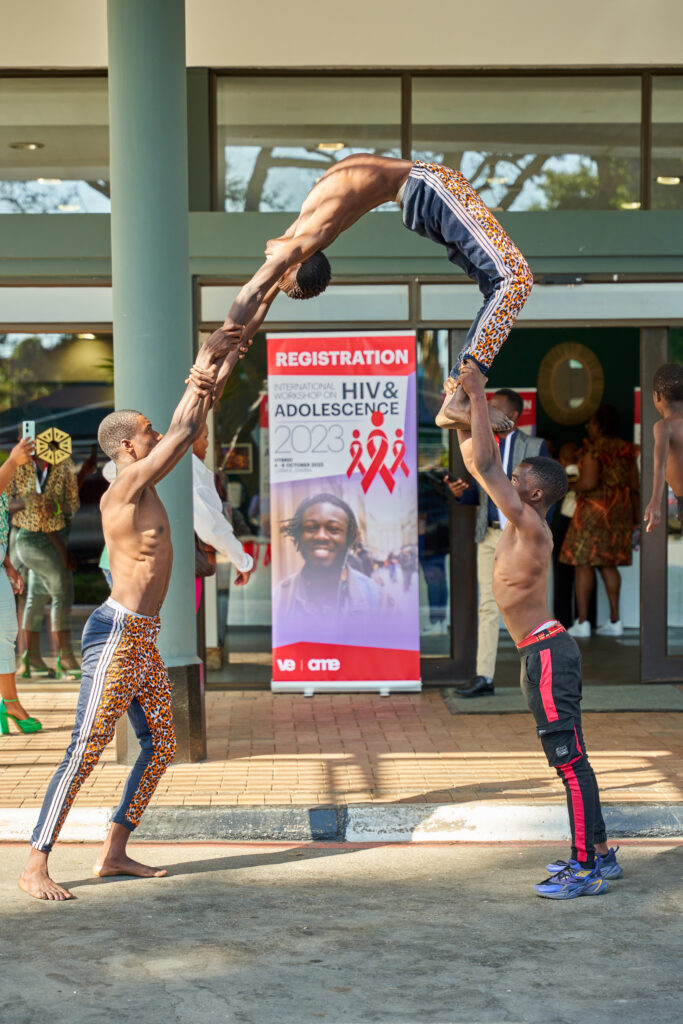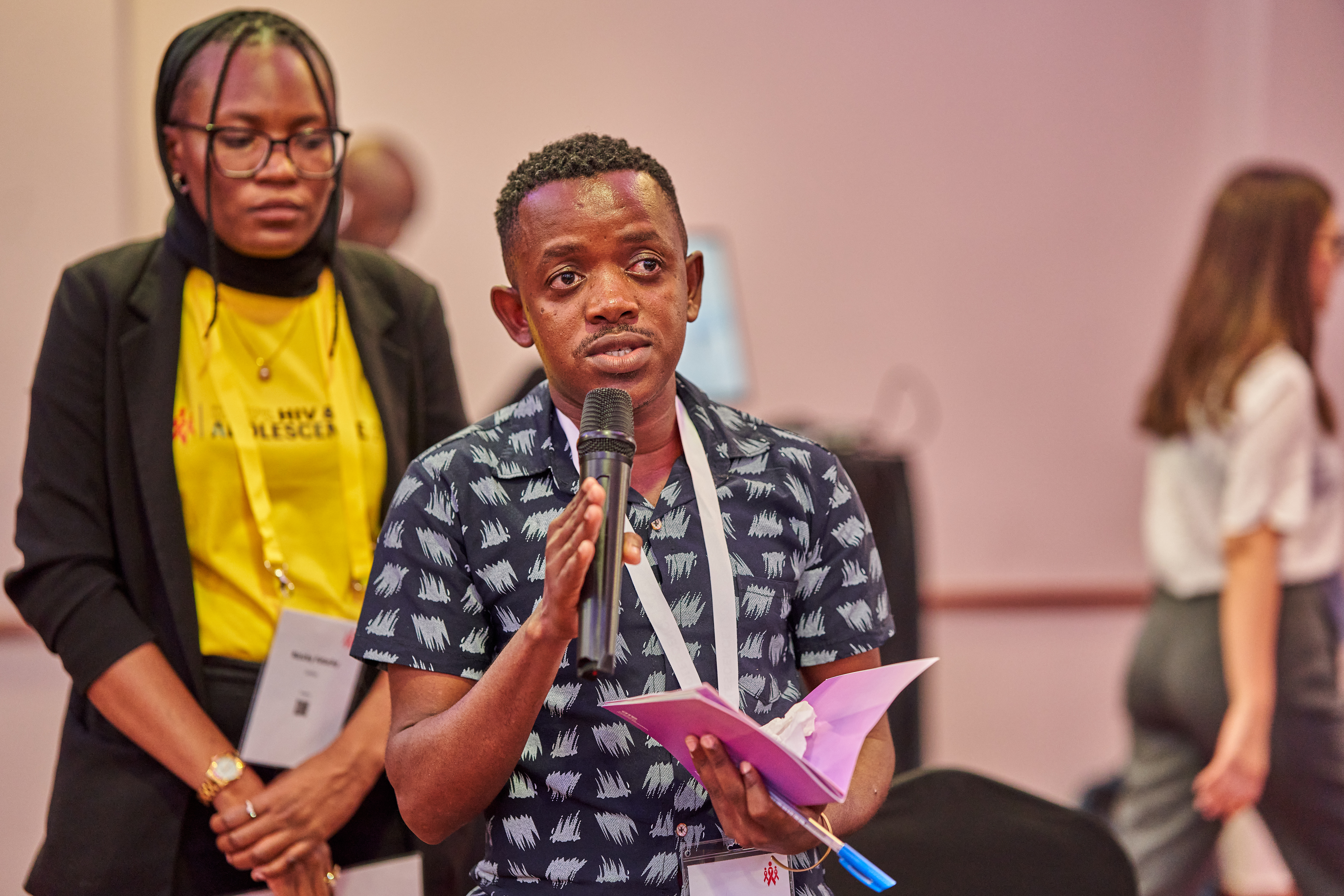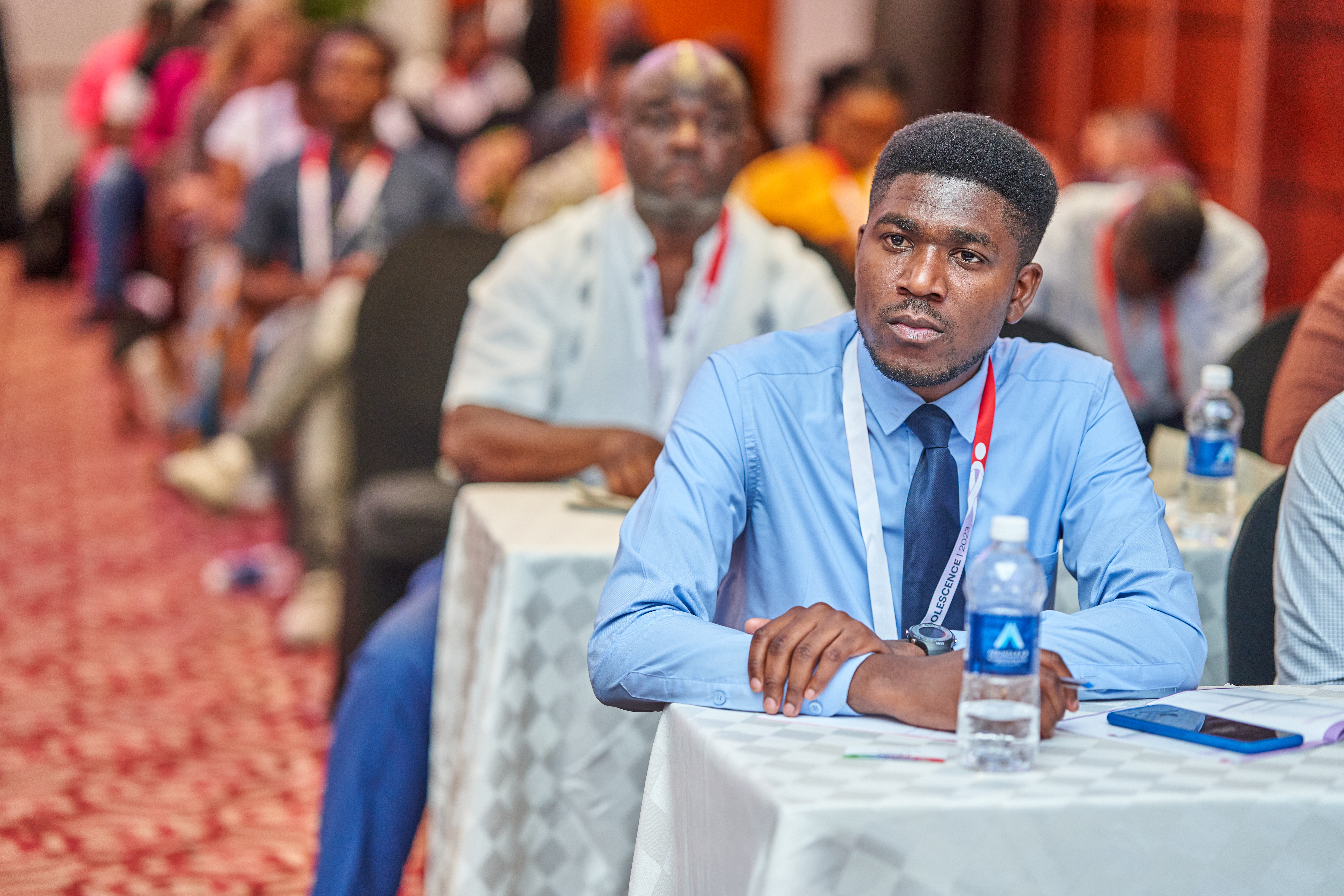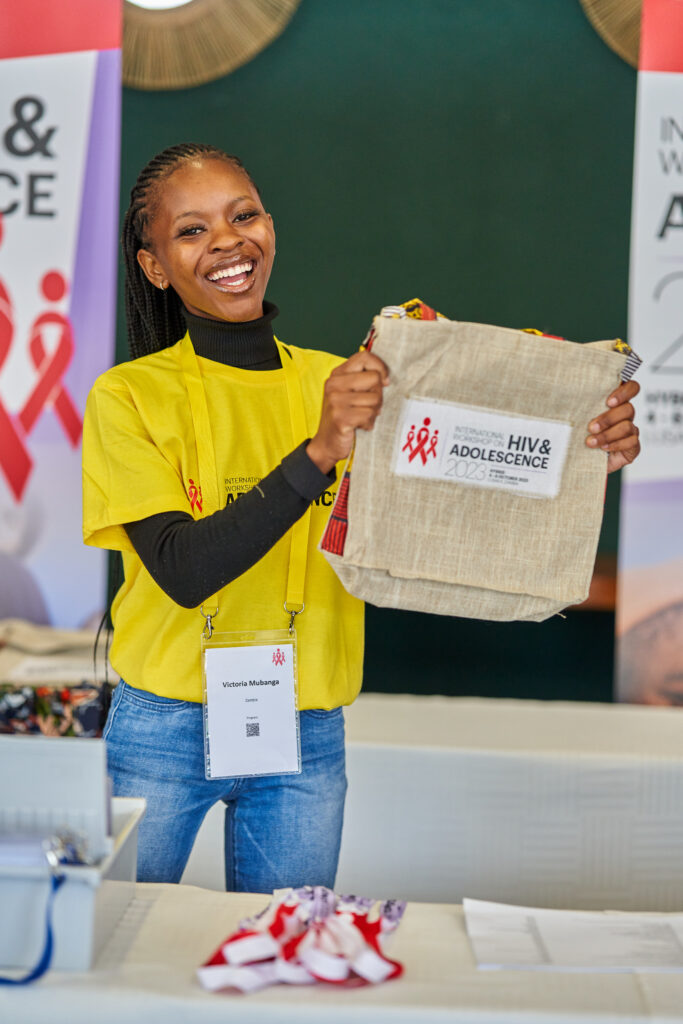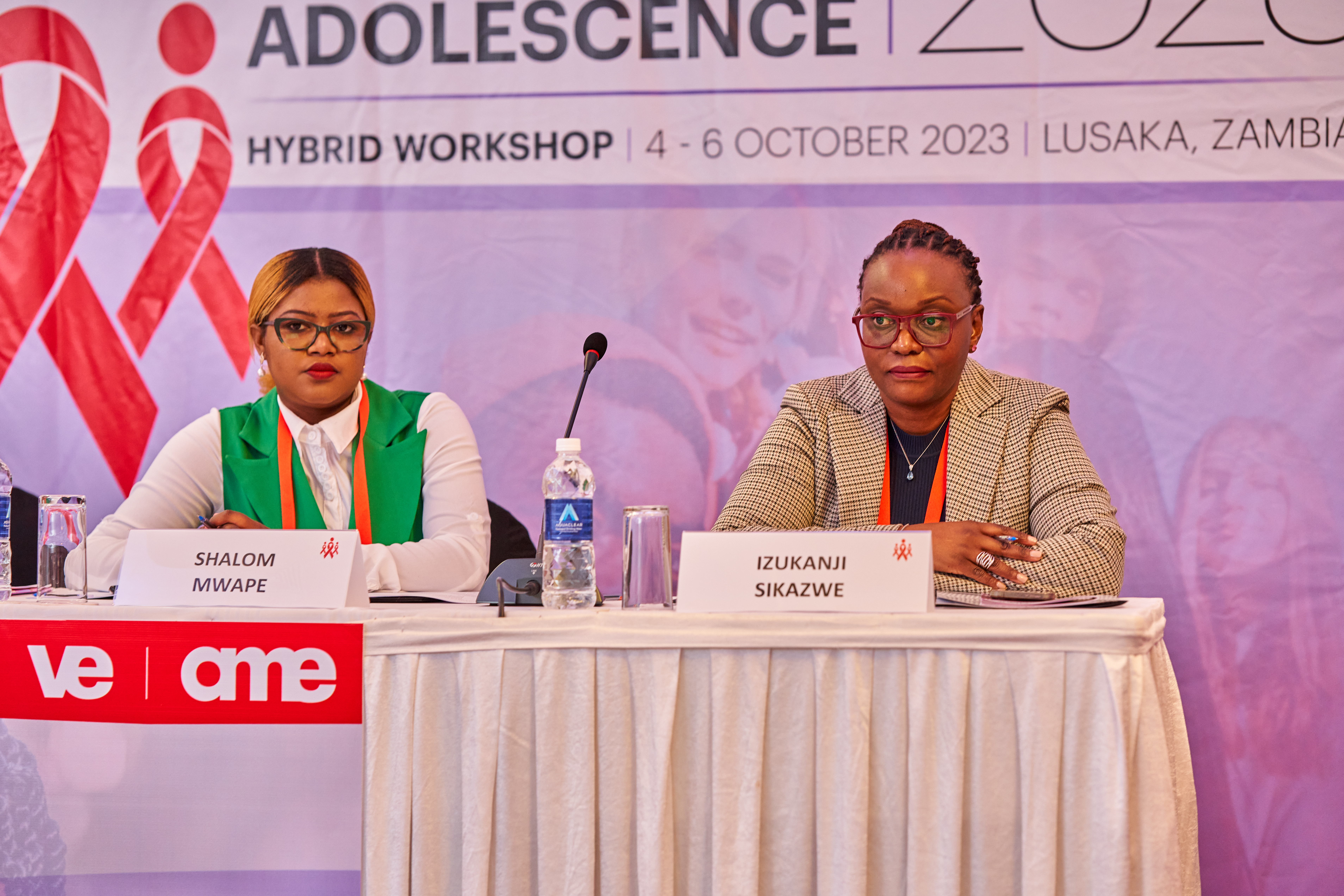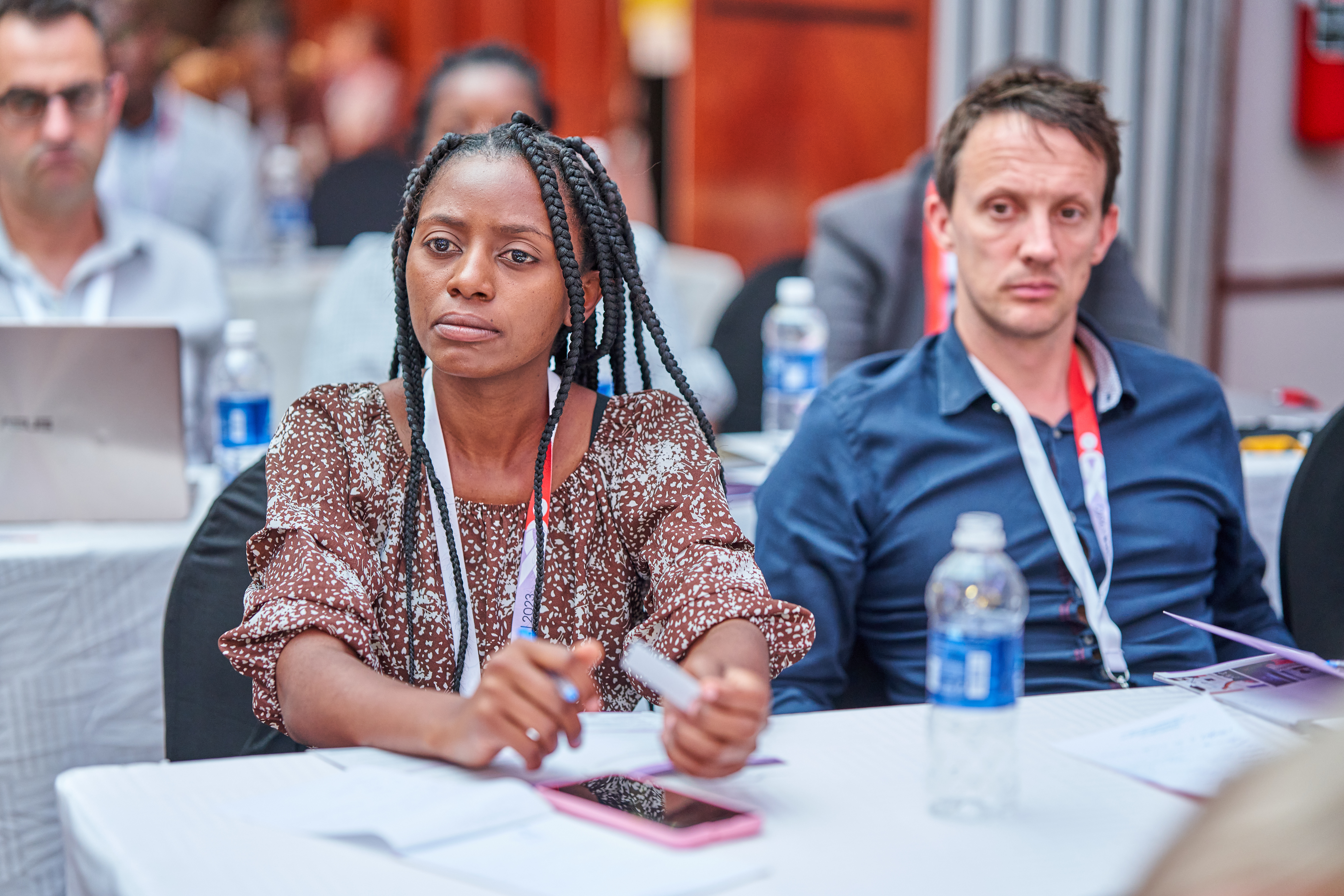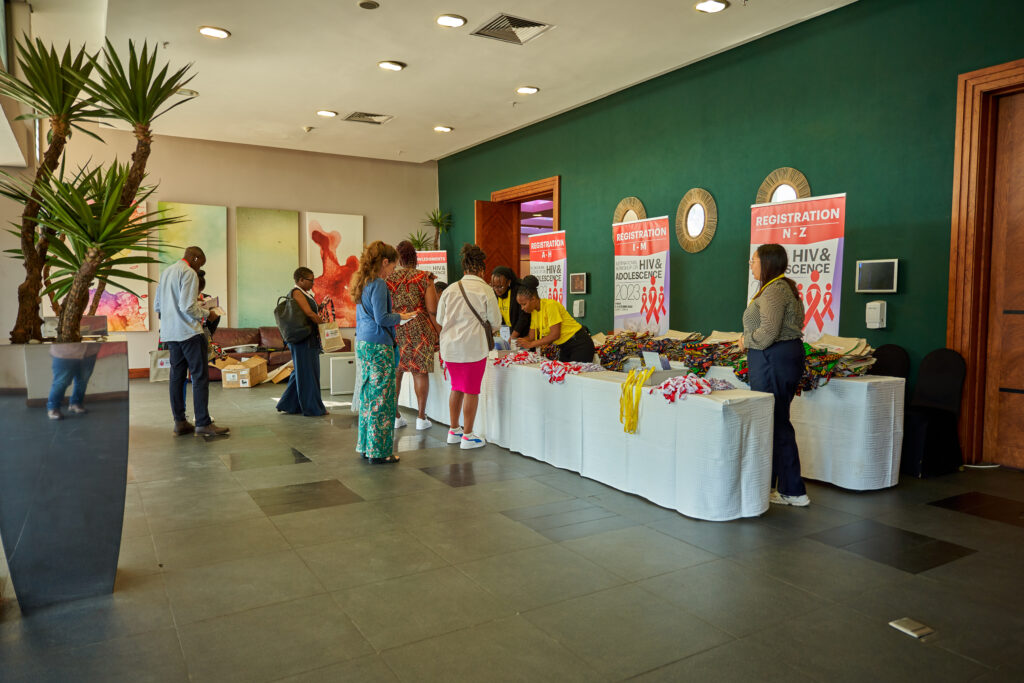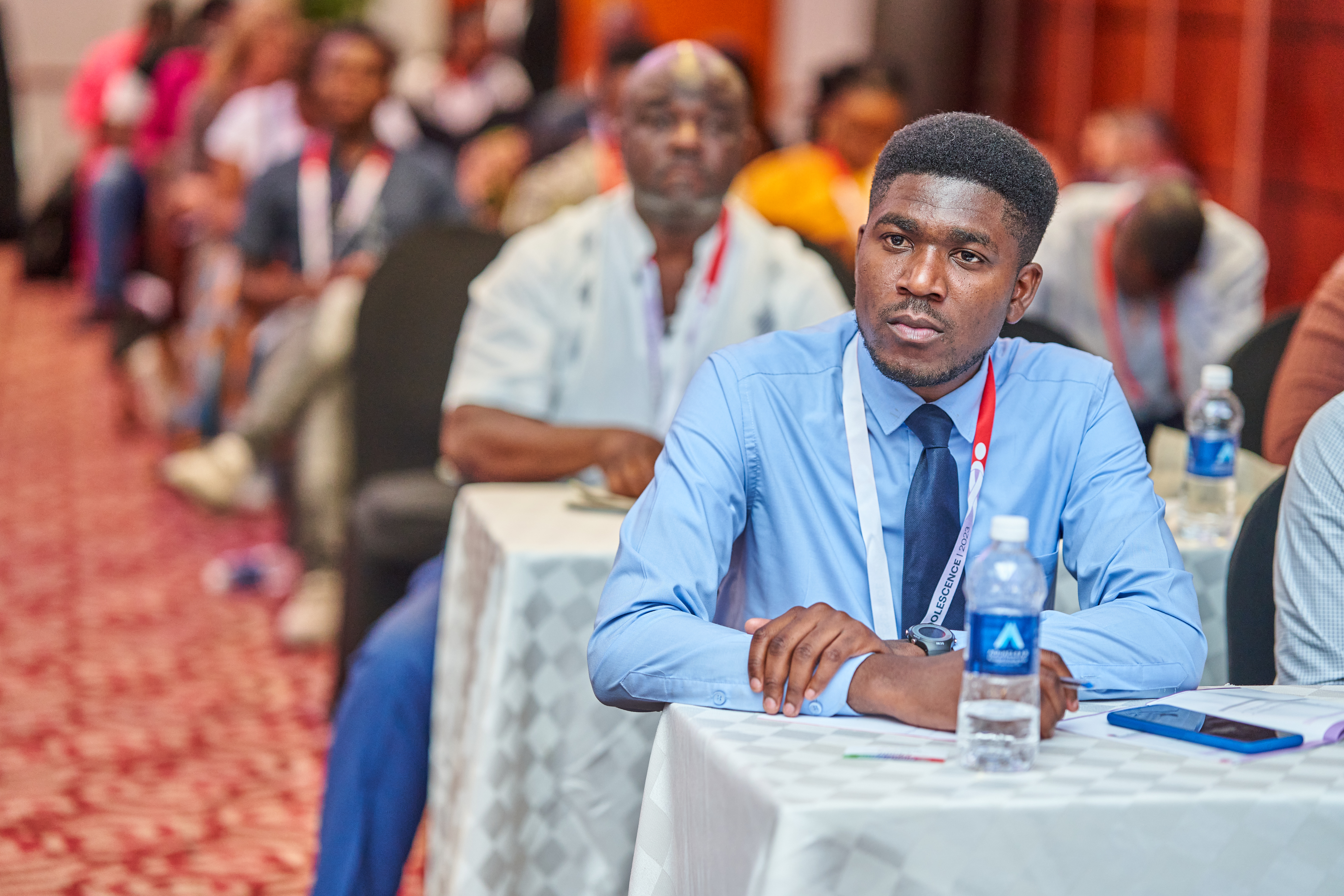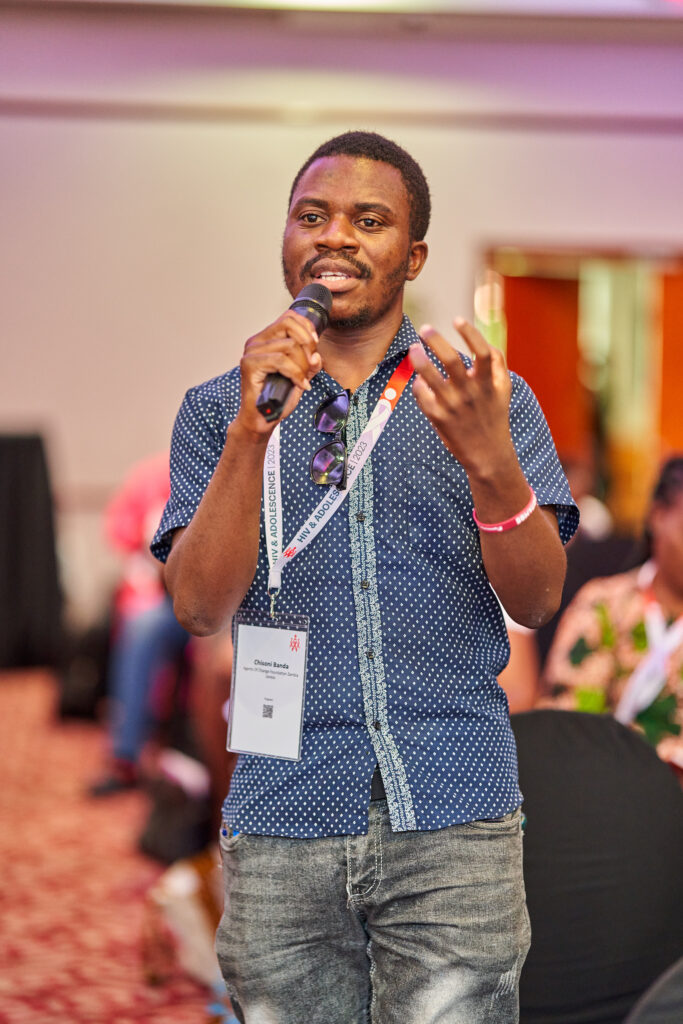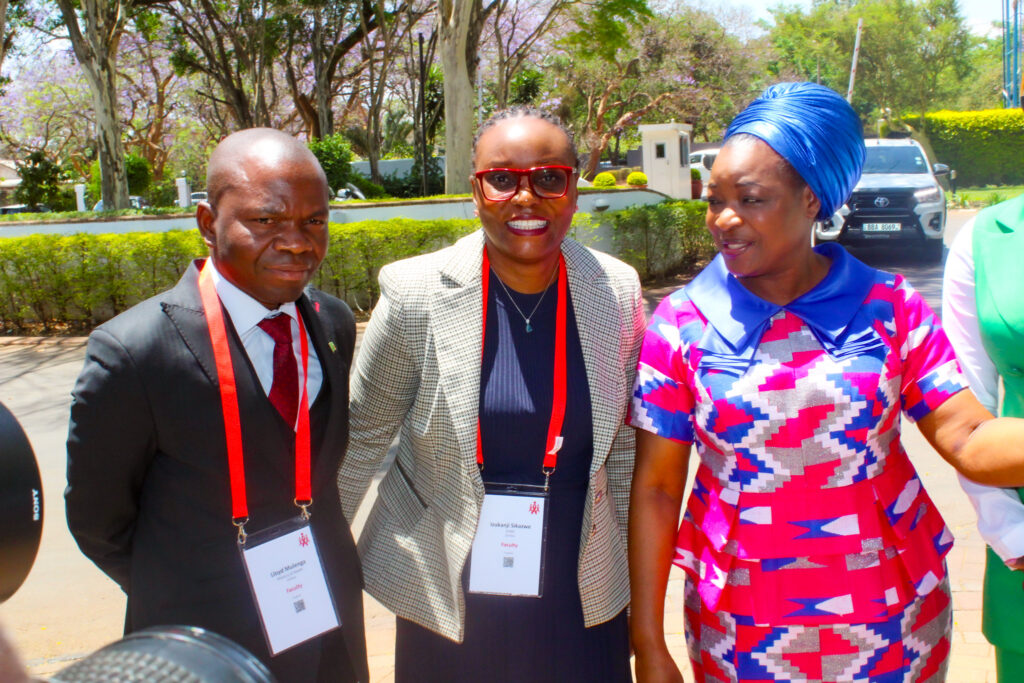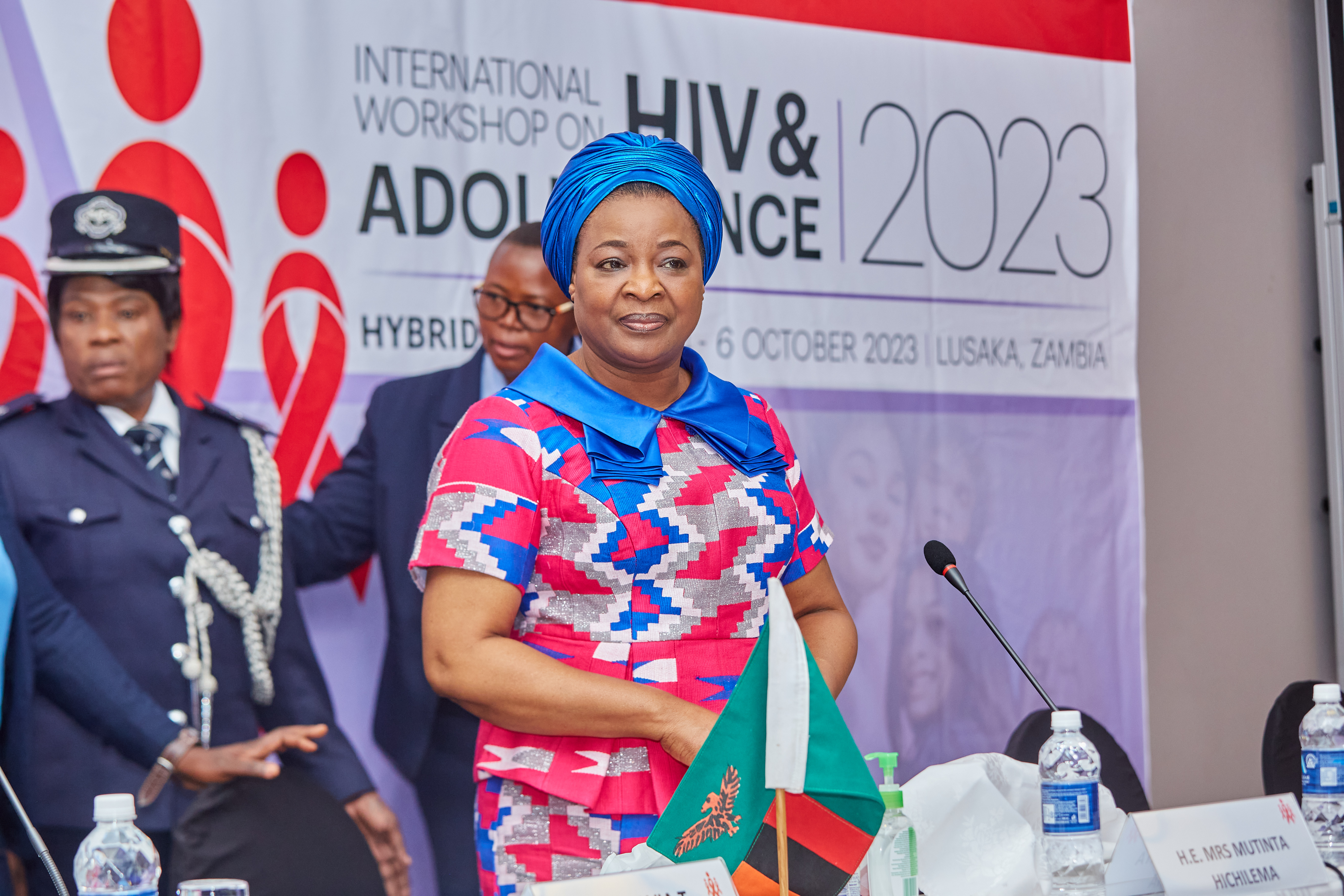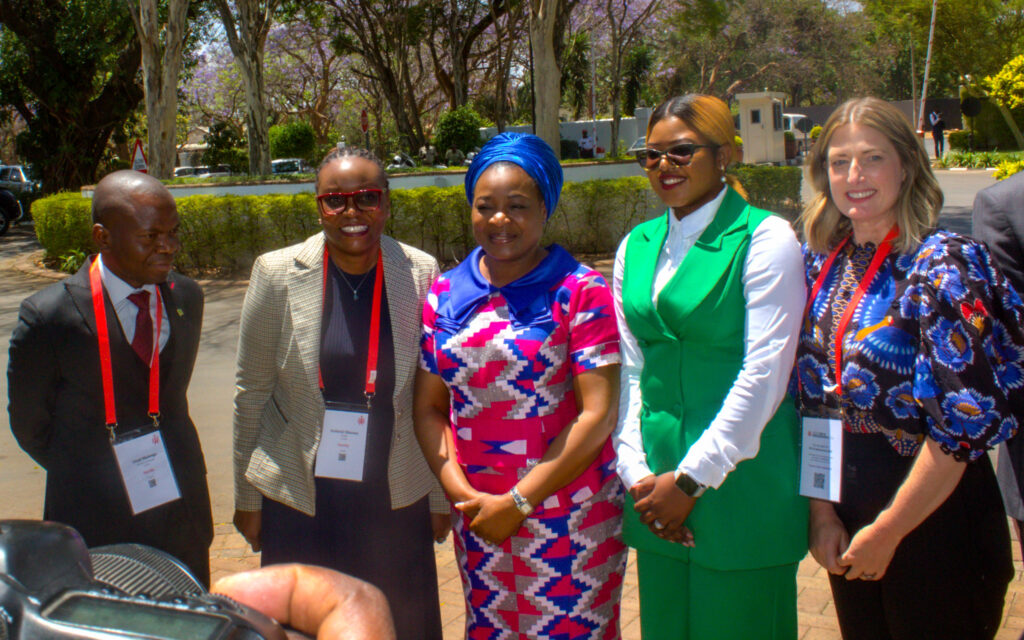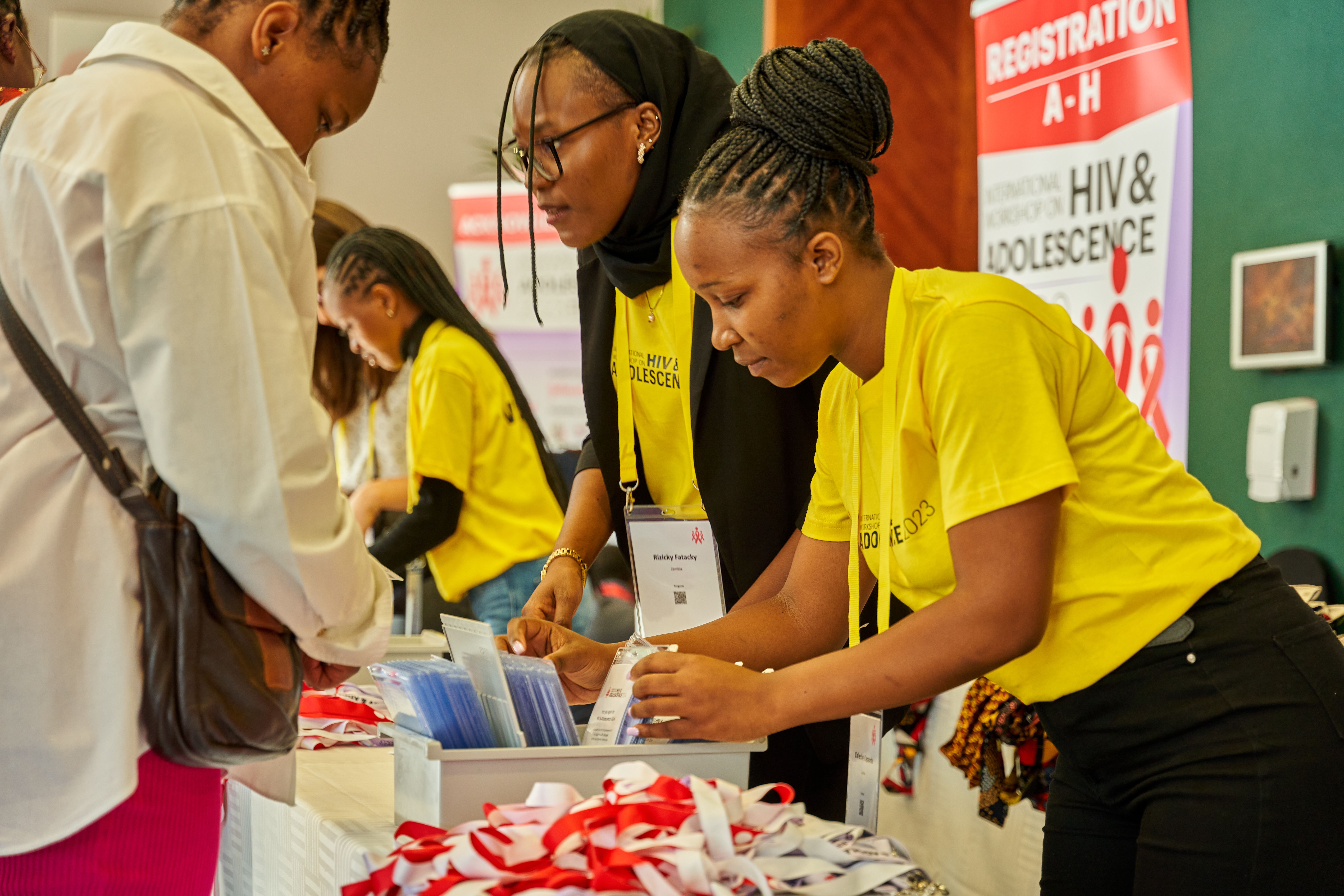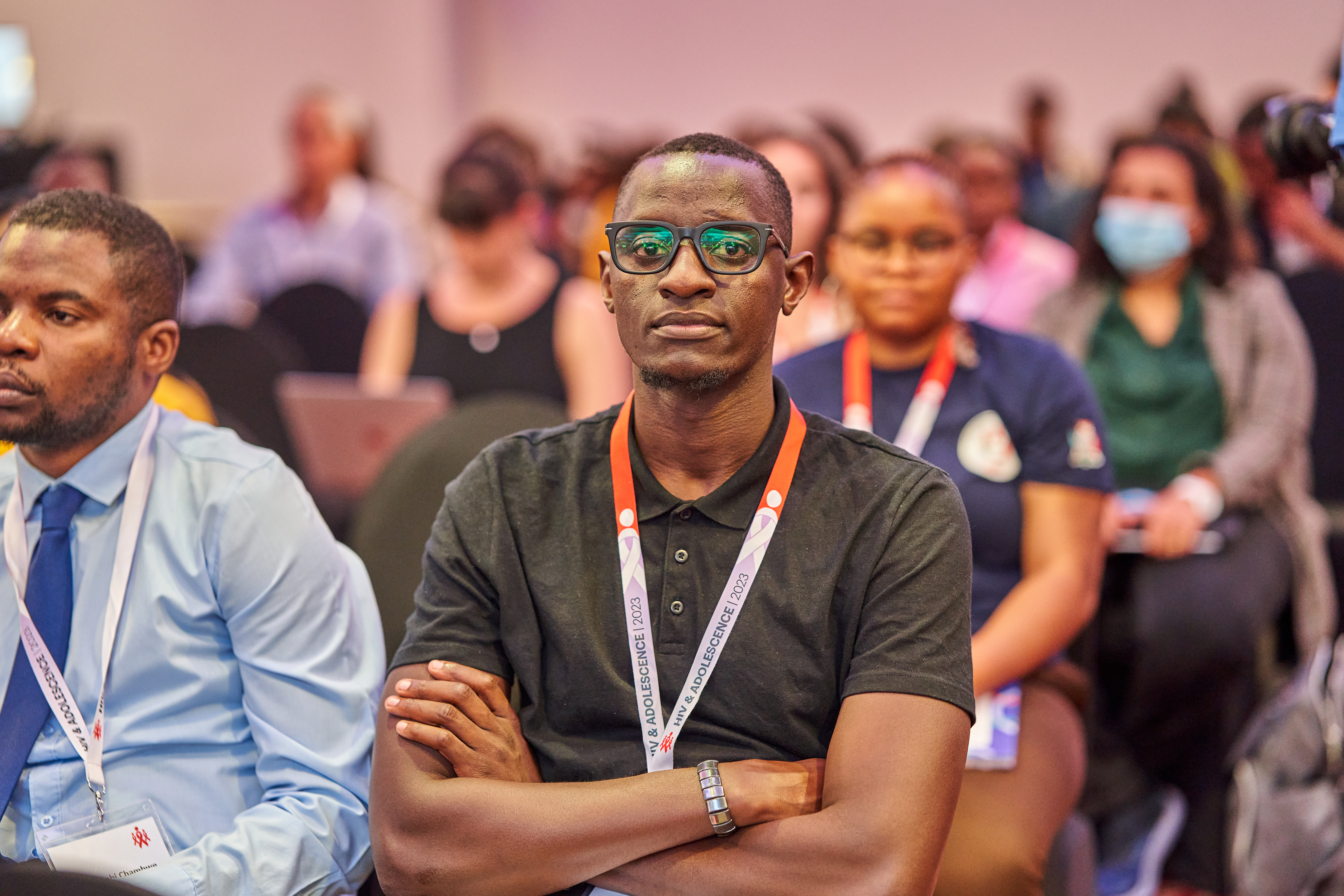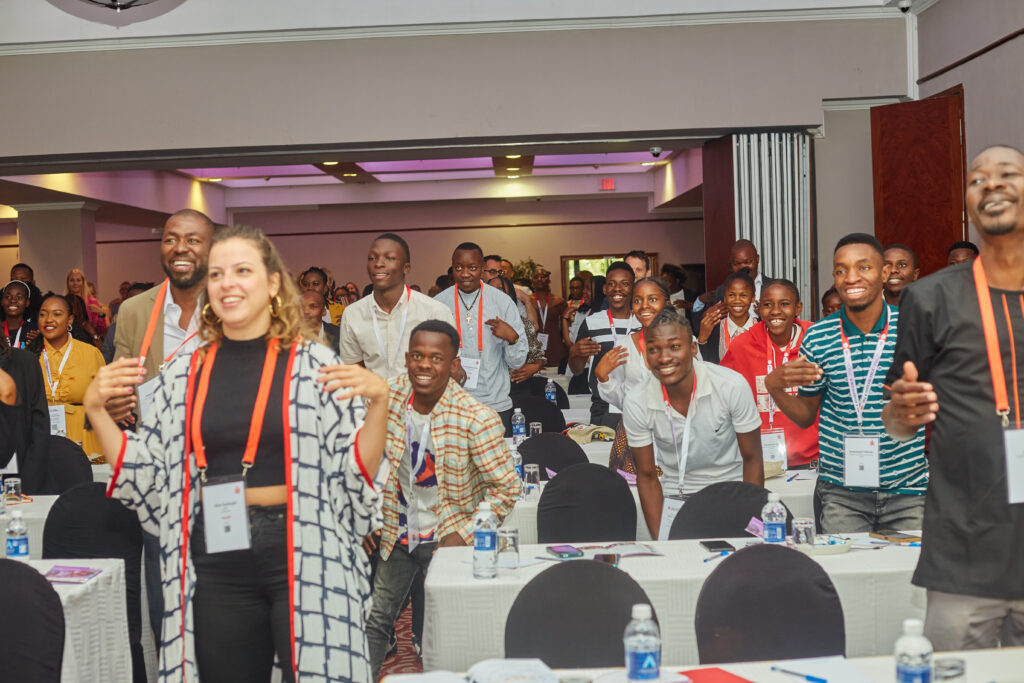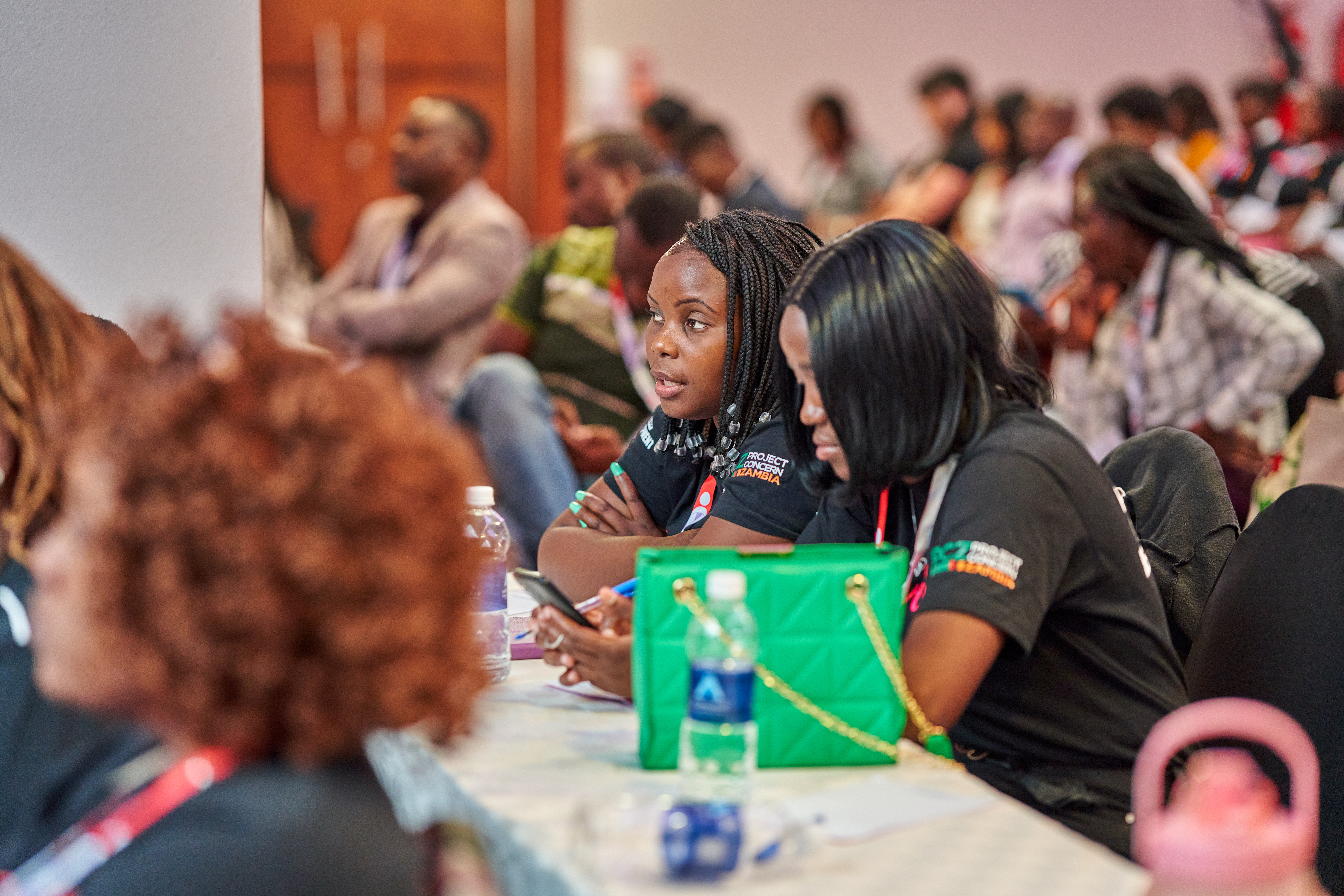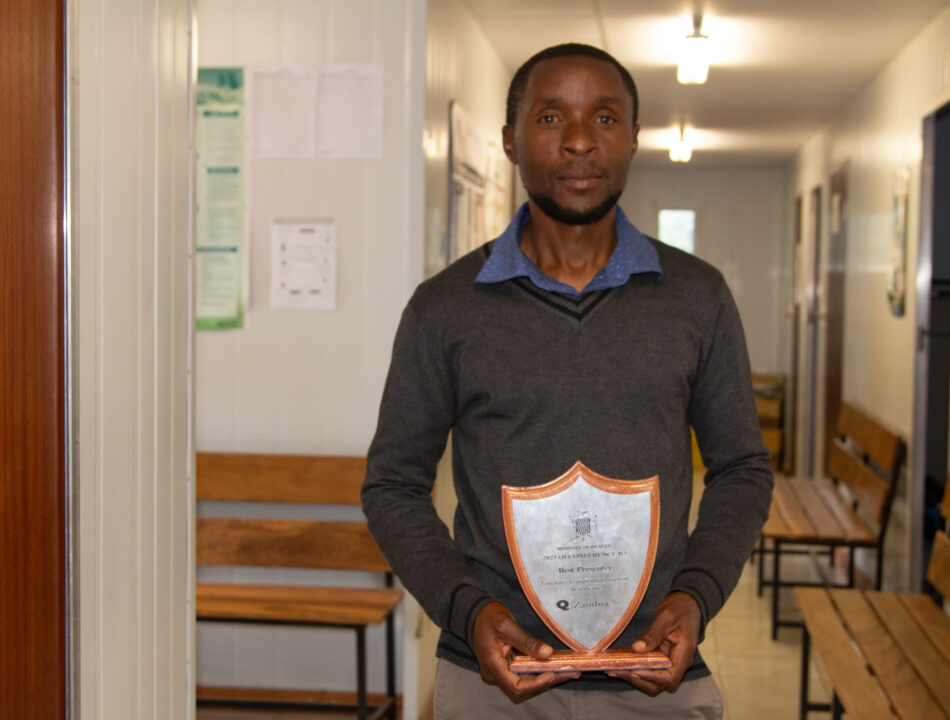
James’s Journey in the ESMADA project.
October 3, 2023
CIDRZ is awarded over $40 Million Dollars Cooperative Agreement
October 9, 2023Zambia’s First Lady Mutinta Hichilema says some cultural barriers hinder young people from seeking guidance on their sexual reproductive health and rights from their parents.
She says most young people lack information on prevention, treatment, and care programs, which is critical in lowering new HIV infection rates.
Mrs. Hichilema states that it is the duty of parents to guide children on matters of life to prevent them from seeking information from alternative sources, which may mislead them.
She urged parents to recognise the fact that children are today exposed to a more technologically advanced environment, which exposes them to a wide spectrum of cross-cultural information on sexual reproductive health, which children may not correctly handle without parental guidance.
Mrs. Hichilema was speaking during the official opening of the 7th Annual International Workshop on HIV and Adolescence 2023 at Lusaka’s Taji Pamodzi Hotel.
Meanwhile, the Ministry of Health Permanent Secretary in charge of Administration, Professor Christopher Simoonga, has acknowledged the alarming high HIV infections among adolescents and young people, which account for 50% of all new infections in Zambia.
Speaking on behalf of the Minister of Health, Silvia Masabo, Professor Simoonga said the Government has devised strategies to help eradicate this challenge, citing the recently launched Global Action Plan to End AIDS in Children, which he described as a milestone in preventing and treating HIV.
At the same ceremony, the Centre for Infectious Disease Research in Zambia (CIDRZ) Chief Executive Officer Dr. Izukanji Sikazwe emphasised the importance of focusing on adolescents and their health outcomes.
Dr. Sikazwe said it was important to place adolescents at the centre of the HIV response efforts to support the adolescents effectively.
“Instead of just focusing on broad targets, the emphasis should be on understanding and addressing the specific health needs of each adolescent. This approach recognises the unique challenges and requirements of adolescents and aims to tailor responses accordingly for better overall outcomes,” she said.
Dr Sikazwe added that this year’s theme, “Out of the Box Reproductive Health and Rights and HIV Innovation for, with, and by Adolescents” suggests a creative and unconventional approach to addressing the reproductive health needs of adolescents, as well as HIV prevention and treatment. She further noted that the theme “promotes collaborating with adolescents, understanding their perspectives, and designing solutions catering to their needs and challenges”.
Dr Sikazwe thanked the office of the first lady, the Zambian people and all stakeholders involved in ensuring the success of the International Workshop on HIV and Adolescence being held in Zambia for the first time.
The workshop has attracted about 500 participants and will run from 4th to 6th October 2023. The workshop seeks to address some of the most critical knowledge gaps within the fast-evolving landscape and foster new partnerships to drive progress further to realise healthy and fulfilling lives for all adolescents across all populations.



